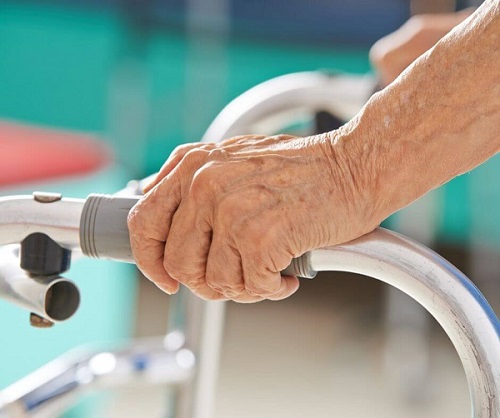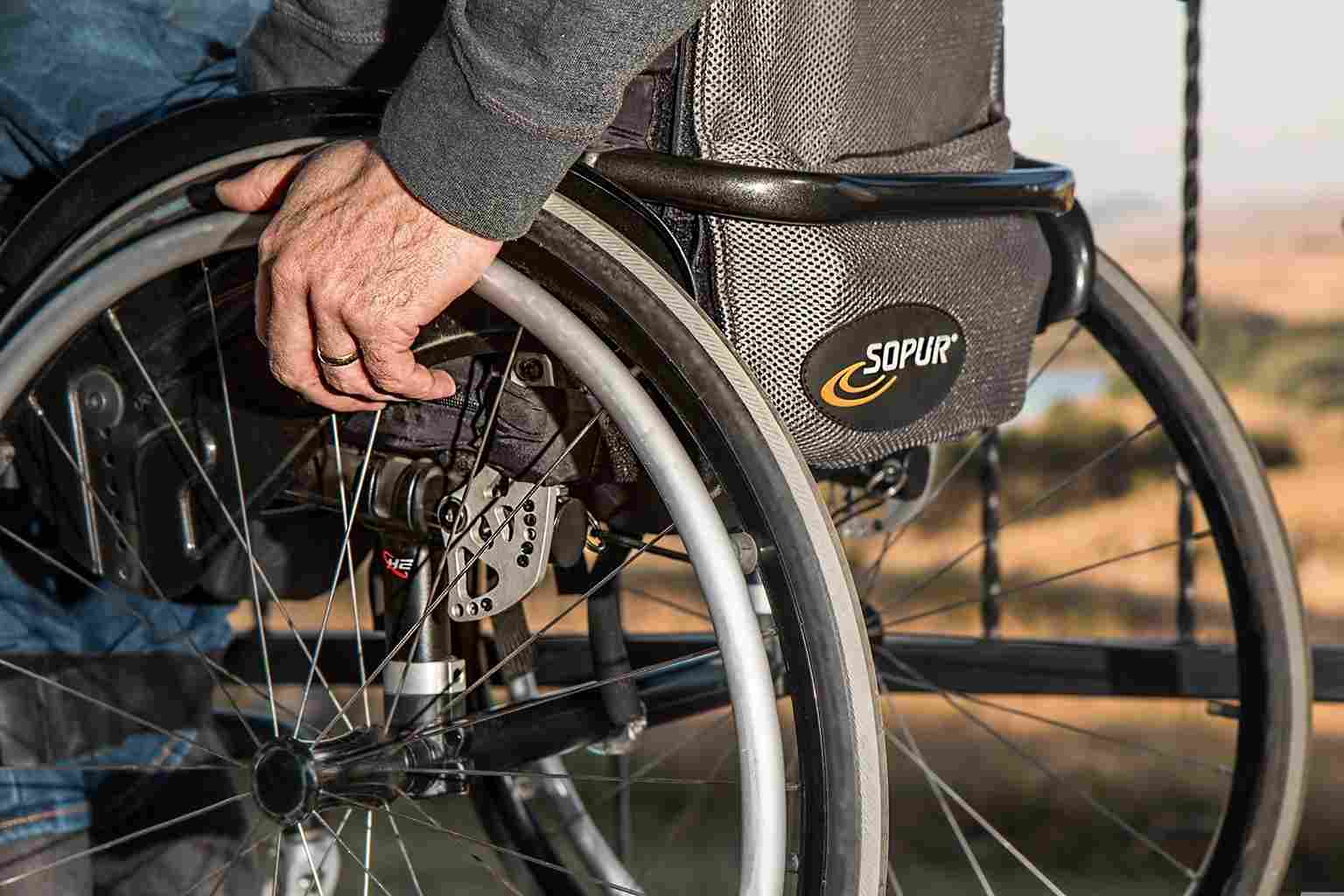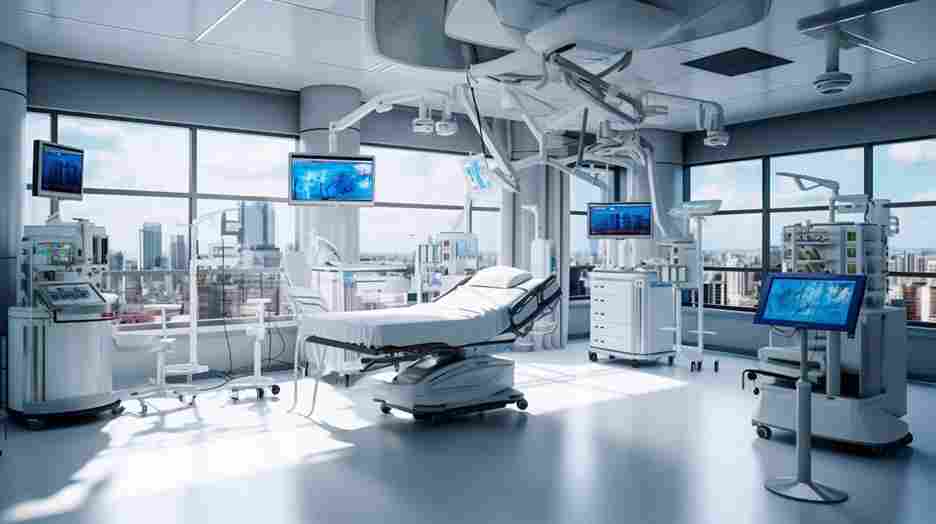Medical equipment aluminum profile
Application of Aluminum in the Manufacture of Medical Equipment
In medical equipment, the use of lightweight, corrosion-resistant, and sterilizable materials is essential. Aluminum profiles, due to their combination of these properties, are widely used in the production of various medical devices and structures.
Common applications of aluminum profiles in medical equipment include:
Frames of radiology and ultrasound machines
Bases of hospital beds
Stretchers and patient transport systems
Frames for cabinets and clinical equipment
IV stands, wheelchairs, walkers, and other rehabilitation aids
With precise quality control and specially finished surface profiles, Bendini is a reliable choice for this highly sensitive industry.
To receive professional advice, please complete the form below


Aluminum profiles play a significant role in the medical and rehabilitation industry, primarily due to their lightweight nature, adequate strength, corrosion resistance, high safety, and the ability to be easily washed and sterilized.
Manufacturing Hospital Beds and Patient Care Equipment
Application:
Used for bed frames, adjustable supports, and movable auxiliary components.
Advantages:
Easy to move and adjust
Can be sterilized
High load-bearing capacity in mechanical bed structures
Rehabilitation and Physiotherapy Equipment
Application:
Used in the frames of exercise tools, parallel bars, and bases of stretching and corrective therapy devices.
Advantages:
Modular and adjustable design based on patient needs
Ensures safety and stability during exercise
Allows installation of wheels, clamps, or additional accessories
Manufacturing Wheelchairs, Walkers, and Mobility Aid Devices
Application:
Used in the main frames of wheelchairs, crutches, walkers, rollators, and mobility support exoskeletons.
Advantages:
Extremely lightweight for easy transportation
High resistance to rust, especially in humid hospital environments
Long-lasting with minimal maintenance requirements


Manufacturing Medical Carts, Trolleys, and Stands
Application:
Used in medication trolleys, CPR equipment carts, IV stands, or monitoring device stands.
Advantages:
Lightweight and easy to maneuver in hospital corridors
Resistant to disinfectants and frequent washing
Sleek and functional design
Portable Medical Devices
Application:
Protective enclosures for ventilators, ECG machines, and portable monitors.
Advantages:
Lightweight for easy transportation
Strong and protective for sensitive equipment
Customizable with easy cutting and modification options
Manufacturing Modular Frames for Medical or Laboratory Stations
Application:
Adjustable tables, equipment transport structures, and disinfectable shelving units.
Advantages:
Quick assembly without the need for welding
Modular design allows for opening, closing, and reconfiguring
Can be combined with plastic, glass, or stainless steel components


Manufacturing Various Aluminum Profiles for Medical Equipment
Why Is Aluminum Important in the Medical Industry?
- Non-toxic and biocompatible
- Resistant to disinfectants
- Non-sparking and non-magnetic (suitable for MRI and ICU environments)
- Can be anodized for scratch resistance and antibacterial surface properties
